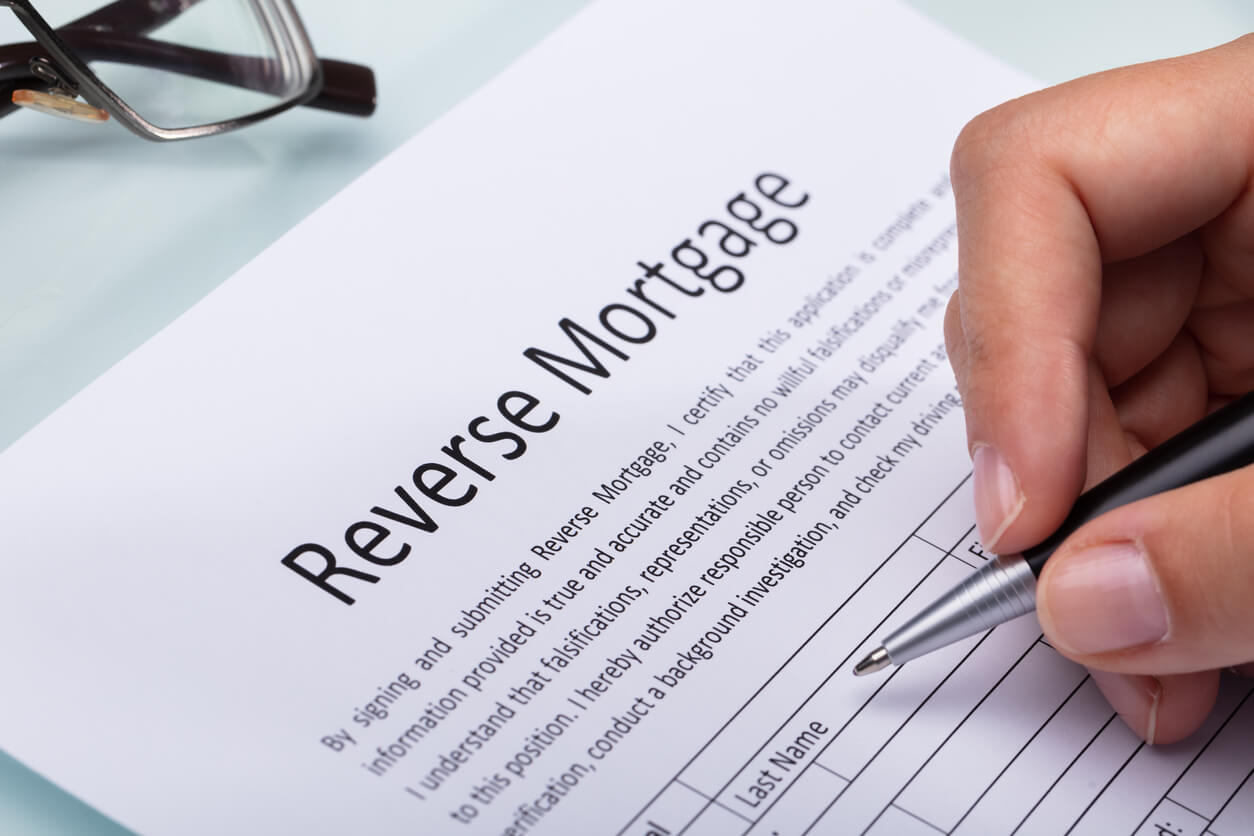Reverse mortgages have gained and waned in popularity over the years. While you may not understand how reverse mortgages work, you may remember the many celebrities who have been featured in reverse mortgage commercials, including Tom Selleck, Henry Winkler (“The Fonz”), and Jerry Orbach from Law & Order.
Reverse mortgages are a controversial financial product, mainly due to some financial institutions having historically abused the reverse mortgage through exorbitant fees and harsh terms. Many commentators and politicians have cast reverse mortgages as snake oil and too good to be true. So, what is the reality for reverse mortgages? Generally, reverse mortgages are a way for households with unencumbered property to unlock some of the equity in that property for current or future use. However, given the differences in terms and conditions across the many reverse mortgage products, you should always consult an experienced real estate attorney when considering any reverse mortgage product. An experienced attorney will help you determine whether the deal is in fact “too good to be true”.
What is a reverse mortgage?
A reverse mortgage is a loan, like a regular mortgage. Regular mortgages used for purchasing property are known as “forward mortgages” because you are mortgaging a future property, whereas reverse mortgages are mortgaging a previously purchased property. Reverse mortgages come in many structures ranging from lump-sum payments to an annuity-style fixed periodic payment. Additionally, some reverse mortgages are structured as lines of credit. In short, a reverse mortgage borrows against existing property to convert the illiquid equity into usable cash or credit. In exchange for the cash payment(s) or line of credit, interest and fees accrue on the balance, with the final balance owed due upon sale of the property or the borrower’s death. Thus, reverse mortgages provide cash flow in the present in exchange for repayment later. Because of this repayment structure, reverse mortgages are popular among retirees seeking to supplement their retirement
For many homeowners who have paid off their mortgage, a reverse mortgage is an opportunity to draw upon that equity to fund necessary purchases or help fund retirement. For example, consider Grace and Tim. They are both in their early 70s, retired, and own their home outright. Their home is worth $450,000 and although this results in them having significant asset wealth, they do not have as much monthly income as they would like. Here, Grace and Tim could consider an annuity-style reverse mortgage for a portion of the property to help supplement their income in retirement. However, as noted above, reverse mortgages can have onerous and unfair terms and conditions, such as exorbitant fees; as such, always consult with an experienced real estate attorney prior to entering into any reverse mortgage.
Real Estate Mortgage Lawyers in Rhode Island, Massachusetts, and Connecticut
At PALUMBO LAW, we have advised thousands of individuals, families, investors, and businesses in financing the purchase of real estate. Similarly, our attorneys can assist in evaluating whether a reverse mortgage is right for you. Our attorneys work tirelessly to ensure that the process is fast and efficient while keeping you protected. If you are considering buying real estate or entering into a reverse mortgage in Rhode Island, Massachusetts, or Connecticut, please contact our office to set up a consultation or complete the contact form.


